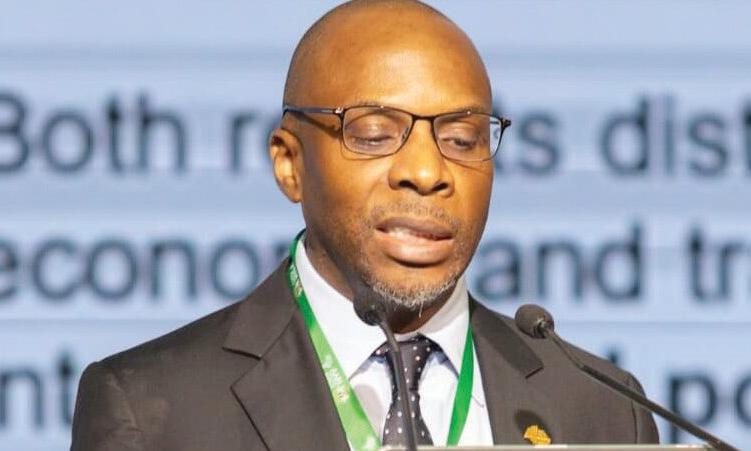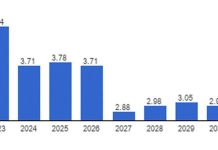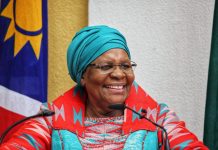Africa-Press – Namibia. Experts are advising Namibia and neighbouring South Africa to diversify and explore alternative markets.
This is as the United States (US) reciprocal tariffs imposed by that country’s president, Donald Trump, came into effect last week.
The US recently adjusted the tariff rate to 15% on Namibian goods, while the rate with South Africa was adjusted to 30%.
African Export-Import Bank (Afreximbank) group chief economist and research and trade intelligence managing director Yemi Kale says Namibia and South Africa offer two distinct but illustrative examples of how tariff shocks can manifest differently within Africa.
He says this reflects the continent’s diverse economic structures and levels of trade integration.
Kale told The Namibian that for Namibia, the issue is primarily one of narrow product concentration and market dependence.
“The government and private sector will need to urgently explore alternative markets, whether in Europe, Asia or regional neighbours, and invest in processing and value addition to reduce dependence on raw salt exports.
In the case of South Africa, the issue is not just about trade volumes but also geopolitical complexity,” he says.
He says South Africa’s diversified export basket to the US includes automobiles, citrus, wine, steel and aluminum.
The economist adds that tariffs on any of these products can lead to factory slowdowns, job losses and investor uncertainty, especially if companies perceive a deteriorating trade climate.
“First, both countries should, if possible, intensify diplomatic engagement with the US to seek negotiated exemptions or transitional arrangements.
South Africa, given its G20 membership and strategic global role, may have additional leverage in these discussions.
Second, both Namibia and South Africa should rapidly diversify their export destinations, reduce reliance on any single market, and foster trade ties with high-growth regions.
This includes leveraging the African Continental Free Trade Area (AfCFTA) to unlock regional value chains and domestic markets,” Kale explains.
The economist adds that the two countries should utilise instruments provided by development finance institutions like Afreximbank, including export development facilities to support entry into new markets, trade finance solutions to cushion liquidity impacts, and investment guarantees to stabilise industrial operations affected by external shocks.
“Finally, the current situation offers a broader continental lesson. Africa must take collective ownership of its trade and overall development agenda. Tariff shocks from global partners are not new, and they will likely continue.
But through policy coordination, infrastructure integration and pan-African industrialisation, the continent can reduce its vulnerability and harness trade as a true engine of its growth and development,” he says.
Afreximbank director for regional operations for southern Africa Humphrey Nwugo says they believe the tariffs imposed by the US on their trading partners, particularly on certain African economies, should serve as a wake-up call for African countries to diversify their trade options.
Humphrey Nwugo
“While it is true that certain products are primarily destined for Organisation for Economic Co-operation and Development markets, Africa must use this moment to deepen intra-African trade, especially under the AfCFTA framework.
The continent offers a vast and underutilised market that can serve as a credible alternative to traditional trade partners like the US.
As a key enabler of intra-African trade, Afreximbank is ready and well-positioned to support African businesses in scaling up production and supplying goods that will find ready markets within Africa,” he says.
Nwugo encourages Namibian businesses to take advantage of the fourth edition of the Intra-African Trade Fair taking place in Algiers, Algeria, from 4 to 5 September.
“This platform can help bridge the continent’s information gap and enable businesses to better understand what they can buy and sell to one another,” he notes.
For More News And Analysis About Namibia Follow Africa-Press






